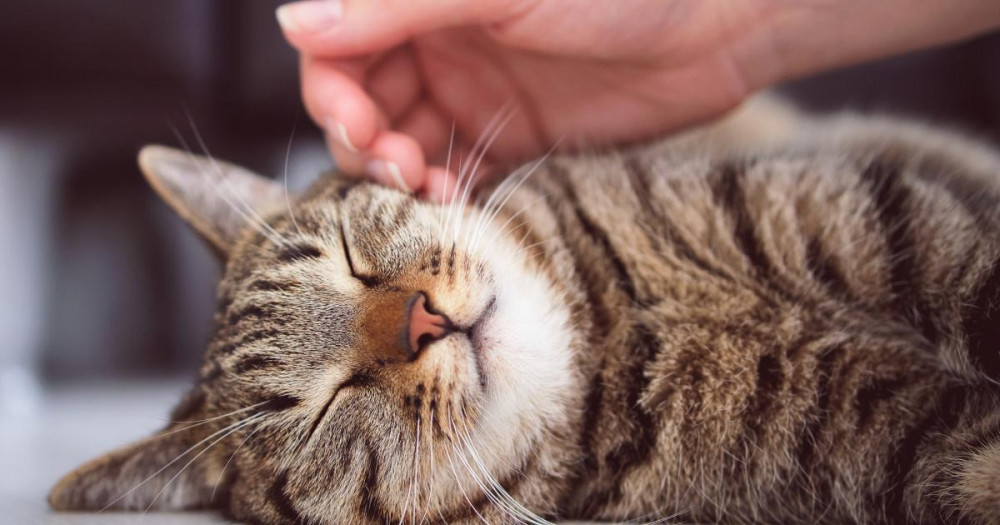7 signs that your cat is sick
It is no secret that cats are not able to express like humans, in addition to being good at hiding their illness, and this is a behavior that domesticated cats retained from their wild cat ancestors. As they hide their illness so as not to be an easy target for other predators, all of these reasons emphasize that cat breeders and groomers should know the signs of their cats' illness to prevent the disease from exacerbating.
What are the signs of your cat's disease?
First: suddenly changing urination and defecation habits
Cats are keen on the cleanliness of the place in which they live, and one of the places they care most about their cleanliness is the litter box, where adult cats are always keen to relieve themselves in it, and only some causes prevent them from doing so, one of which is disease. such as a bladder infection or kidney infections, these diseases may cause her to completely stop urinating and using the litter box, or may cause her to lose the ability to control urination; Which makes her pee anywhere in the house. A change in urination and defecation habits in cats can be an indication of kidney stones or general kidney failure in advanced cases. Therefore, you must take the initiative to know the reason for your cat ignoring the litter box as soon as this appears, so that you can protect your cat from diseases early. The causes of this annoying habit can only be behavioral, but you should check with your vet before treating it as a behavioral problem.
Second: lethargy and sleeping for longer hours than usual
It is known that the older the cat becomes, the less active it becomes, and when the cat is pregnant it is natural for it to be less active as well, so when is the cat's lethargy and sleeping for long hours a sign of its illness?
If your cat seems less excited about moving or playing than usual, or if she sleeps during times when she was active and tries to hide and isolate even though her daily routine has not changed.
Third: Rapid weight loss or gain
Weight loss can be an indication of several diseases, one of which is thyroid disease, or an indication that the cat's diet is not good and does not meet its needs. As for obesity, it may be caused by a disease, or it may simply be a result of the cat eating large amounts of food, and in both cases obesity in cats must be taken seriously, given the serious consequences that it can cause, such as diabetes.
Fourth: Changing eating and drinking habits
Eating too much or too little food can indicate illness if the cat is going through normal conditions, where the climate, housing, breeder, etc.. don't forget to monitor his water intake as well.
Fifth: hair loss and skin irritation
In order for this point to be properly understood; First, we have to know some of the dates when cats’ hair begins to fall out in order to be able to differentiate between normal and pathological shedding. There is spring time, and the beginning of July to August. These months are the most abundant months in which cats’ hair falls out as a result of their skin changing during these periods. Skin irritation or hair loss at times other than those mentioned may be a sign of allergies, ectoparasites, or any other skin condition, and malnutrition may lead to hair loss, and by consulting a veterinarian, the cause can be determined accurately.
Sixth: bad breath
Bad breath in a cat is often a sign that something is wrong with the teeth. Mild bad breath may not be an emergency, but that doesn't mean you shouldn't have your cat's teeth checked soon. when there is excessive salivation, or bleeding from the mouth; You should take the cat to the vet immediately, as your cat may have an oral infection, which can expose the whole body to the bacteria in the mouth and cause problems for other parts of the body.
Seventh: a sudden change in the cat's personality
Personality changes may be normal when they happen over time, especially as your cat ages. However, if your friendly cat was exhibiting aggressive behavior, or your happy, confident cat suddenly became a fearful cat, it may be a good idea to change your personality. There is a need to consult a veterinarian

